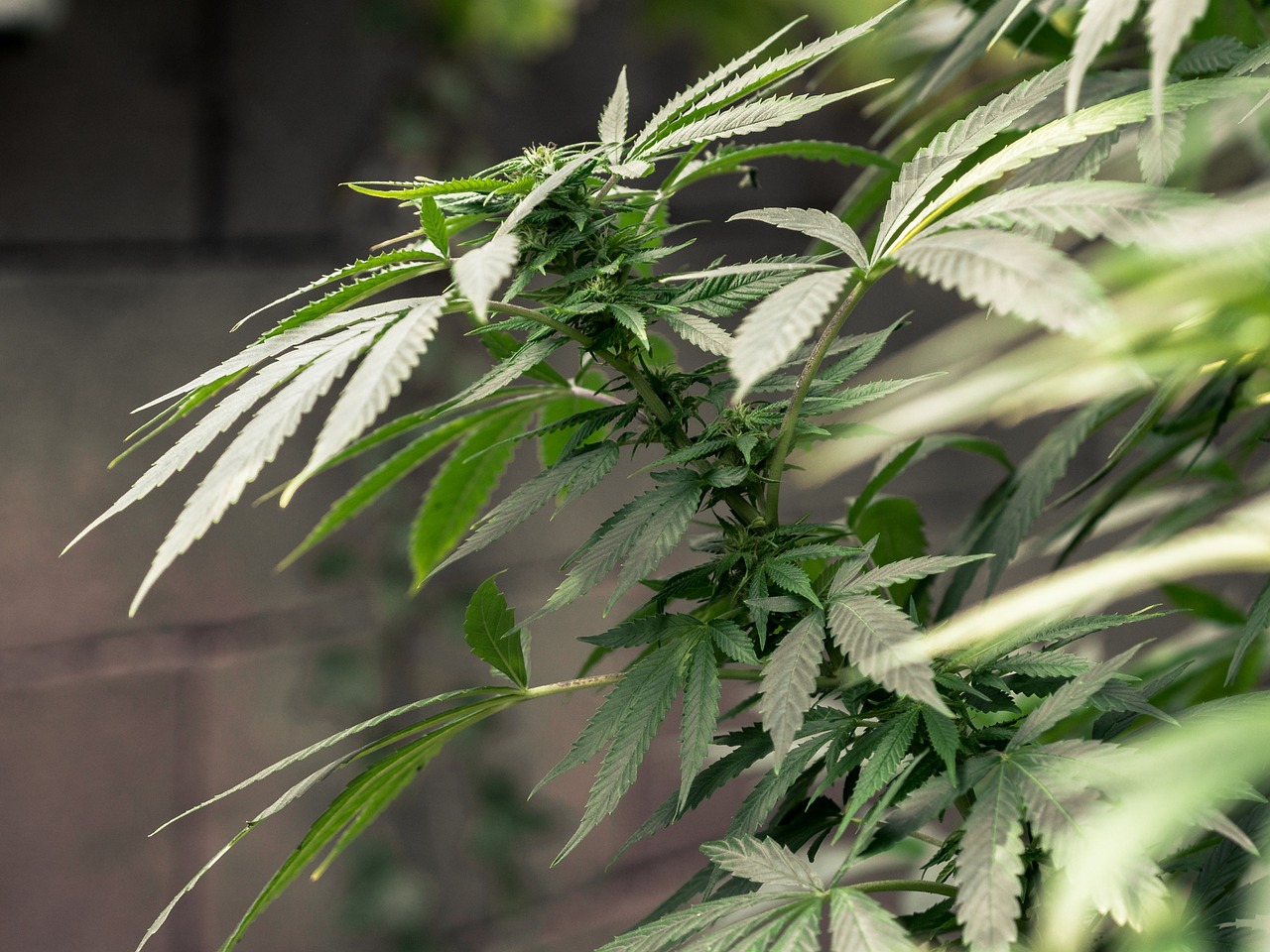“Early last month saw Cork mother Vera Twomey pledge to walk 150 miles to Dublin to raise awareness of the effectiveness of cannabis in seizure treatment.”
On 2 December 2016, a bill to allow the legalisation of marijuana for medicinal purposes was passed through the second stage of the Dáil with no opposition. Bill 76 of 2016, was put forward by People Before Profit TD Gino Kenny. It calls for the regulation and licensing of cannabis for medicinal use and to establish the Cannabis Regulation Authority. Its success displays a vast reversal in both public and governmental opinion from a similar bill proposed by TD Luke “Ming” Flanagan in late 2013, where it was defeated by a colossal 111-8 in the Dáil. This sharp turn is due to increased research being published in the media, elucidating the medicinal properties of this previously much maligned plant. The bill will now proceed to the Oireachtas Health Committee. Minister for Health Simon Harris has ordered a report to be prepared for the end of January 2017, from the Health Products Regulation Authority (HPRA) and he may make amendments to the bill from there.
Marijuana has begun to shed its hippy past, and has been to shown to drastically reduce both seizure length and occurrence in sufferers of severe epilepsy, mitigating some side-effects of chemotherapy for cancer patients, as well as evidence supporting positive effects in disorders such as Multiple sclerosis, arthritis and HIV.
Early last month saw Cork mother Vera Twomey pledge to walk 150 miles to Dublin to raise awareness of the effectiveness of cannabis in seizure treatment. Ms. Twomey has a six-year old named Ava who suffers from a rare form of severe epilepsy, called Dravets syndrome. Speaking to RTE, Ms. Twomey described how Ava could have had several hundred seizures in a single month. During the entire month of October she had just 7 seizures, after 6 weeks on a marijuana based medicine.
TCD Students for Sensible Drug Policy (SSDP) met early last week to make posters to hold outside the Dáil during the discussion of the bill. The group also screened 2014’s “The Culture High” one of the most seminal documentaries outlining America’s failed war on drugs and featuring interviews with some of the most prominent people in marijuana research, the head of psychiatry at Harvard Dr. Lester Grinspoon, and British neuropharmacologist Prof. David Nutt. The TCD SSDP’s main focus going forward is to broaden the debate on both drug use and drug policy in Ireland, and to bring it to a national stage. Along with their Cannabis Awareness Project, SSDP will be opening conversation on all areas of drug use, from medicinal and recreational to addiction issues. These topics will always be relevant to both second and third level students, so raising awareness and promoting education, along with highlighting more neglected areas such as drug safety and harm reduction. These will be crucial if we are to have a well informed public in the future. Help Not Harm is another Irish organisation supporting a practical and realistic approach to drug policy in Ireland. CEO and co-founder Graham De Barra was an advisor for the current Dáil bill, and currently sits on the Education and Prevention Committee to the National Drugs Strategy (2017 – 2024). Help Not Harm aims to improve access to harm reduction and education along with moving drugs issues from the criminal justice system to a public health matter.
Legalisation of Marijuana was for most, one of the only positive aspects to arise from the 2016 U.S. general election. Four states voted on the legalisation of medicinal marijuana and a further five to extend already existing legalisation to recreational use. States North Dakota, Montana, Arkansas and Florida all allowed marijuana to be legalised for medicinal use. While states Nevada, Maine, California and Massachusetts all voted to legalise for recreational use. The only failed bill was in Arizona, which saw the state rejecting their proposition 205, for legalisation of recreational use. Also in November, medicinal marijuana was legalised across Australia, with doctors now allowed to prescribe to patients who would benefit. Globally, marijuana legislation is slow with often unclear lines between personal and commercial quantities and cultivation rules. Even in the Netherlands, with one of Europe’s most benevolent drug policies, growing any plants even for personal use remains illegal and enforced. The American state of Colorado was one of the first to legalise recreational use of Marijuana with full legalisation implemented in January of 2014. Since this time, Colorado has gained over 127m USD in marijuana taxes alone. Most recently Colorado has made headlines as it has used 1.5m USD of these taxes to alleviate homelessness in Aurora, Colorado’s third biggest city.
The effects and implementation of this bill are yet to seen. The Claire Byrne Live/Amárach Research poll, carried out on behalf of TheJournal.ie, shows that just under half of voters (48%) support the legalisation of cannabis for recreational use, with 11% citing “don’t know”. This is a positive statistic showing that public awareness and education about the drug is improving. Hopefully with improved education, a sensible drug policy will be accomplished in Ireland.







